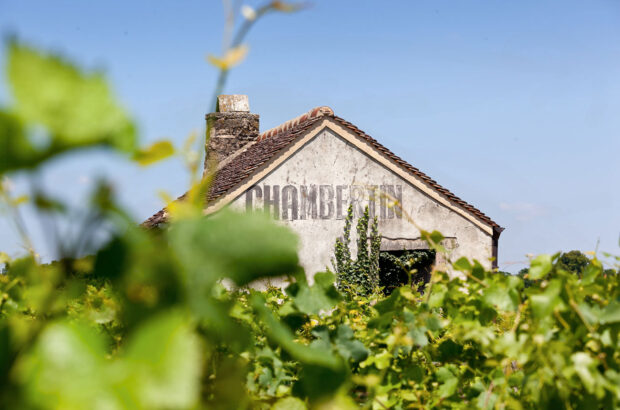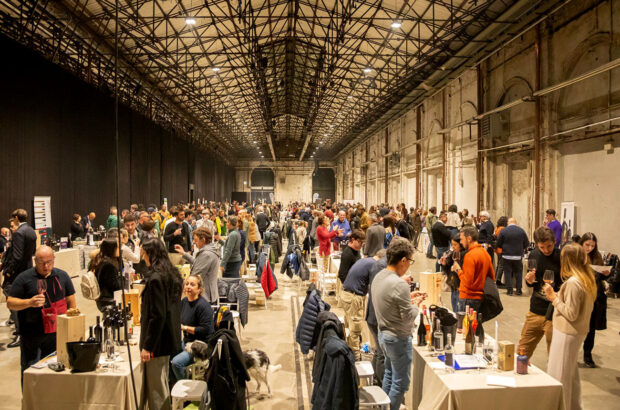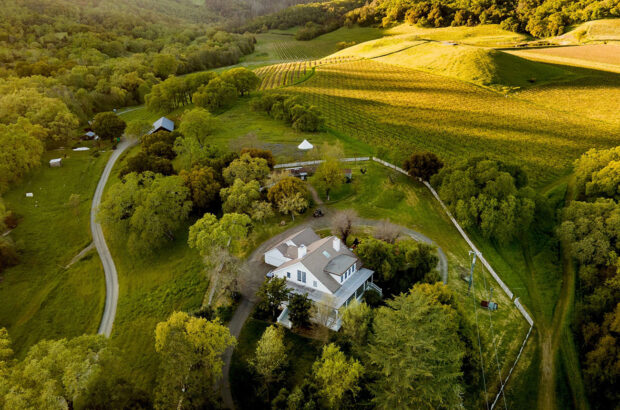It’s my last day in Zambia. We finally leave Monze, and after days on unmade roads, it's a relief to be on the main tarmac highway to Lusaka; it feels positively civilised, except for the large dead donkey we have to swerve round at one point.
We are heading for Ng’ombe, which I’m told is an “informal settlement,” a nice term for what is actually a slum. Michelo Sanford, Chairman of the voluntary health committee, greets us along with several of his volunteers. “We all come from here,” he says. “Government looks at the big picture, they have no sense of ownership, which is why we believe in working from the grassroots up”
“They put in 54 water points in old Ng’ombe but only 4 in New Ng’ombe, which don’t work yet, but the water sources are drying up. There are 70,000 people here.” I do the calculations, that is over 1,200 people per water point. Doris, one of the volunteers, adds, “Not everyone gets water. They queue up at three o’clock in the morning, there are sometimes 350 people queuing. When they don’t get water they go back to the stream.”
I am taken to see the local stream where local women are washing their clothes. It is surrounded by rubbish and the smell makes me want to retch. Local boys are jumping in the small pool; the chairman points at several of them. “Those boys have bilharzia.” It is a chronic disease that impairs growth and cognitive development, and can lead to other illnesses later in life. He rubs one of their heads, and reminds him: “don’t forget to come to the clinic tomorrow.”
Up the hill, a group of women are gathering by a tall brick wall of a large house. We go to investigate. Our translator speaks to one of the women, who says, “The owner is away and the gardener has promised us water, he is one of us.” There is a scramble as the hose appears, and the women jostle for it with their buckets.
I ask Doris if there have been fatalities. “Oh yes,” she replies, “three children died. They were washing in the make-shift latrine and the latrine gave way and they fell down into the eight-metre hole.” When was that I asked. “Two weeks ago, they were twelve, nine and six years old”.
As I left Doris said,, “It’s difficult, I go round promoting hygiene and they turn to me and say ‘How?’. It’s impossible without clean water.”
On the plane back home, I try to process what I’ve seen. The words “transforming lives” seems so clichéd, but it’s true. To get from sick children and mourning mothers to families with healthy children and livelihoods, clean water and sanitation is the first priority.
WaterAid works in many countries under difficult circumstances. I am proud that Decanter, through its Tturning Water into Wine” initiative, can contribute. I, for one, will never look at a glass of clean water in the same way again.
Christie’s Fine and Rare Wine Auction will be held on October 18 at their sale location at 8 King Street, St. James’s, London. More information and bidding assistance is available from Chris Munro at CMunro@christies.com +44 (0)20 7752 3140.
Alternatively sign in or register at Christies.com to place a bid online.
Written by Sarah Kemp







